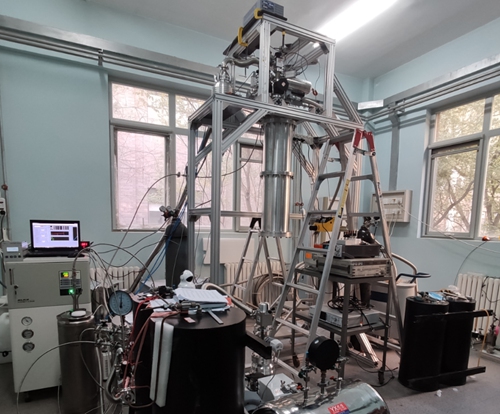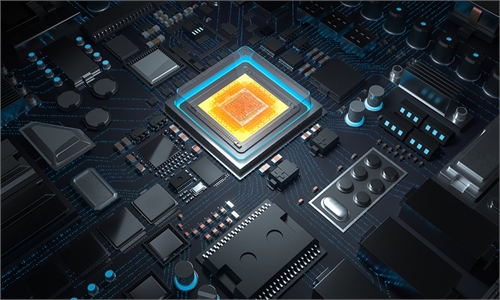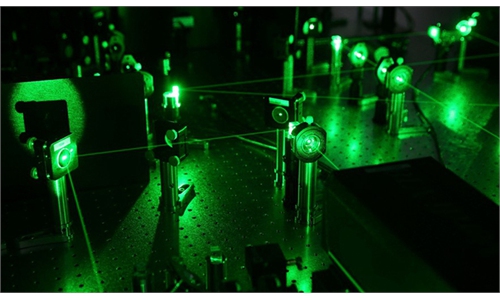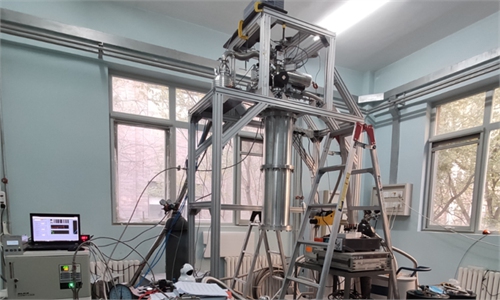
China's self-developed refrigeration equipment - a high-end scientific device that can provide an environment of near absolute zero without using liquid helium by the Institute of Physics, Chinese Academy of Sciences. Photo: screenshot from web
China has achieved a breakthrough in self-developed refrigeration equipment - a high-end scientific device that can provide an environment of near absolute zero without using liquid helium - which lasts longer and is more convenient to use and maintain compared with traditional cooling machines that use cryogen.
The refrigerator, which is described as a dilution refrigerator without liquid helium, was developed by the Institute of Physics at the Chinese Academy of Sciences (CAS).
The device targets a bottleneck problem in quantum computing and is widely used in physics, material science and astronomical exploration, according to the CAS' announcement.
This type of refrigerator has gained popularity and become the mainstream of the market in the past decade. It's also the cryogenic device with the lowest temperature that is commercially available.
The complete self-developed refrigerator has achieved long-term stable and continuous operations at a temperature of 10.9 millikelvins, or -273.14 C, marking a significant breakthrough in China's development of high-end cryogenic machines, according to the CAS.
The temperature reached by the refrigerator was only 0.01 degrees above absolute zero, a point at which a thermodynamic system has the lowest energy.
Quantum computing is the main battlefield of science and technology competition in the world at present. Dilution refrigerators provide the necessary ultra-low temperature environment for the normal operation of quantum computers, and they are key, critical devices in the research and development of quantum computing, stdaily.com reported on Tuesday, citing Ji Zhongqing, a research fellow from the Institute of Physics.
Mastering the core technology of dilution refrigeration indicates that China has the ability to provide ultra-low temperature conditions for cutting-edge research, including quantum computing, said Ji.
The CAS developed China's first dilution refrigerator as early as the end of the 1970s, which achieved an extremely low temperature of 34 millikelvins, or -273.116 C, or 0.034 degrees above absolute zero.



